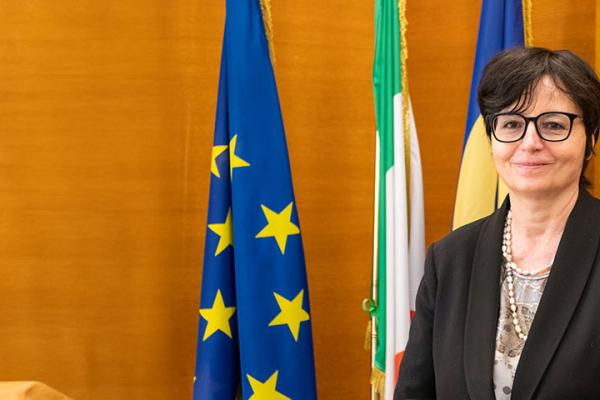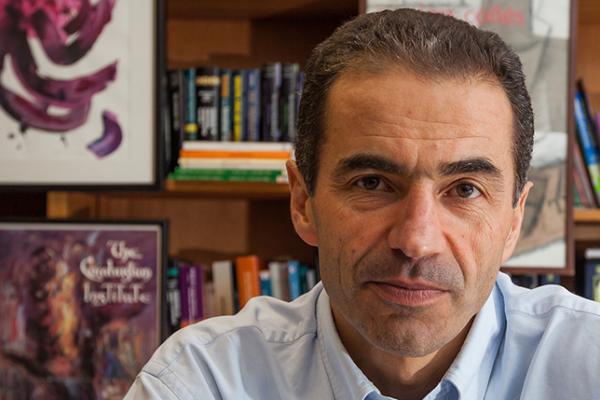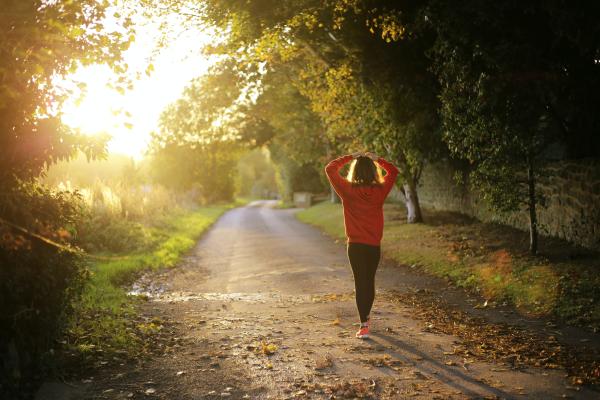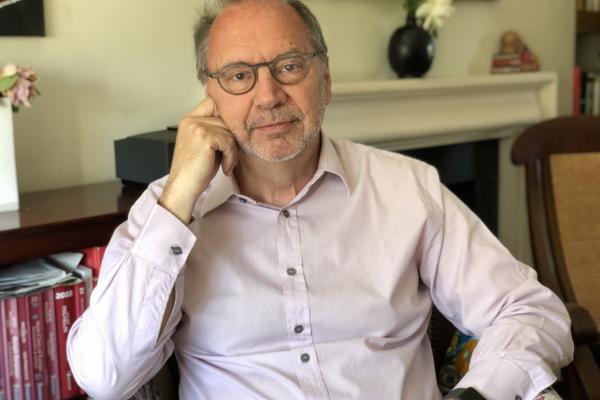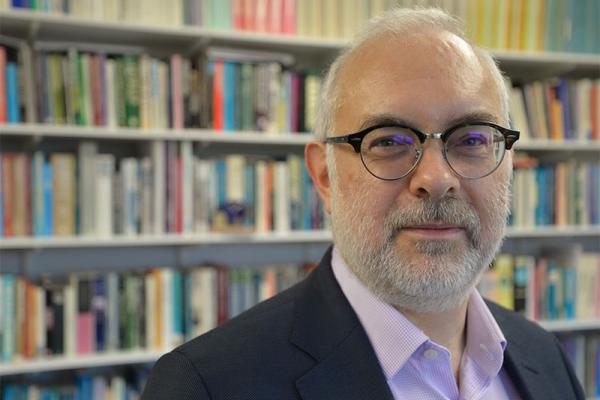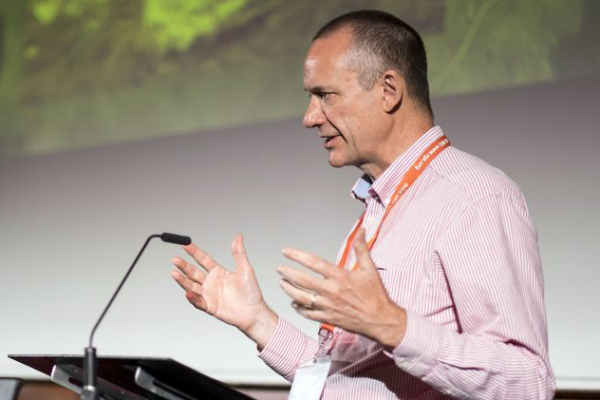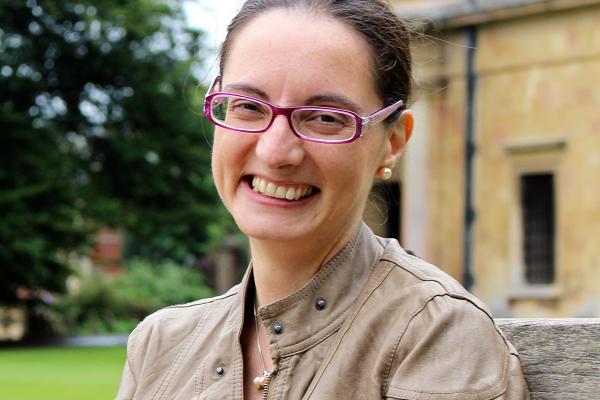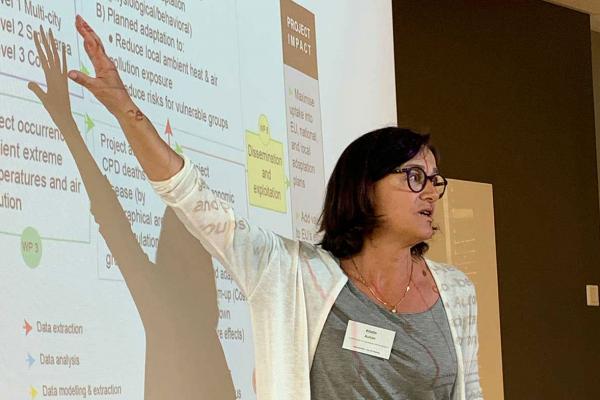The division of the Earth’s surface into seven major mobile plates is fundamental to our planet’s uniqueness, creating a habitable environment and possibly the conditions under which life itself…
People in cities experienced cleaner air during lockdowns, but a permanent shift to greener modes of transport and habits is ‘extremely complex to achieve’ given how much space is devoted to cars and…
We’re only at the start of the coronavirus pandemic although the second wave may take a different form to the first one, says veteran virologist Professor Peter Piot, who has spent the past 40 years…
Some people’s immune systems contain pre-existing protection against coronavirus, indicating that they have encountered a similar infection to Covid-19 before, according to Dr Aleksandra Walczak, a…
Short-term anxiety is a normal response to stress, but more needs to be done to understand and treat longer-term anxiety disorders, which affect the lives of millions of people across Europe and…
We are seeing a failure of global health governance in response to Covid-19 because there are too many agencies with different interests, according Professor Colin McInnes, pro-vice chancellor at…
Europe urgently needs to make its food system more sustainable – or else face growing food insecurity and health impacts – and the coronavirus pandemic offers us an opportunity to push for change,…
A recording of a cough, the noise of a person’s breathing or even the sound of their voice could be used to help diagnose patients with Covid-19 in the future, according to Professor Cecilia Mascolo…
In March, a study revealed that between 50,000 and 100,000 deaths could be avoided this year in China if air pollution stayed at the same level as during the coronavirus lockdown. While other parts…
Human spaceflight is dangerous, but worth the risk, according to Jan Wörner, the Director General of the European Space Agency (ESA). But even so, there are limits – like Mars. Robots, as proxies for…


